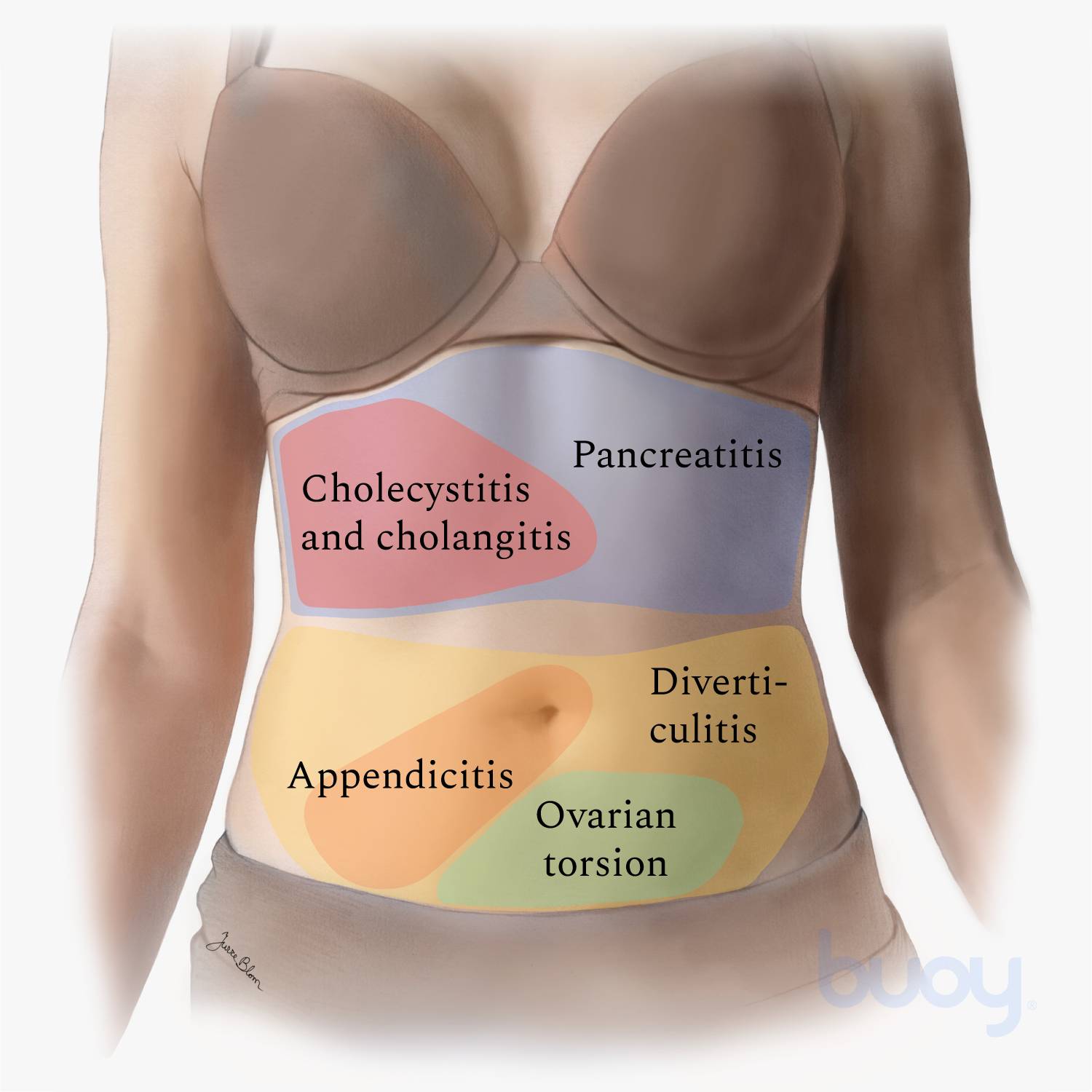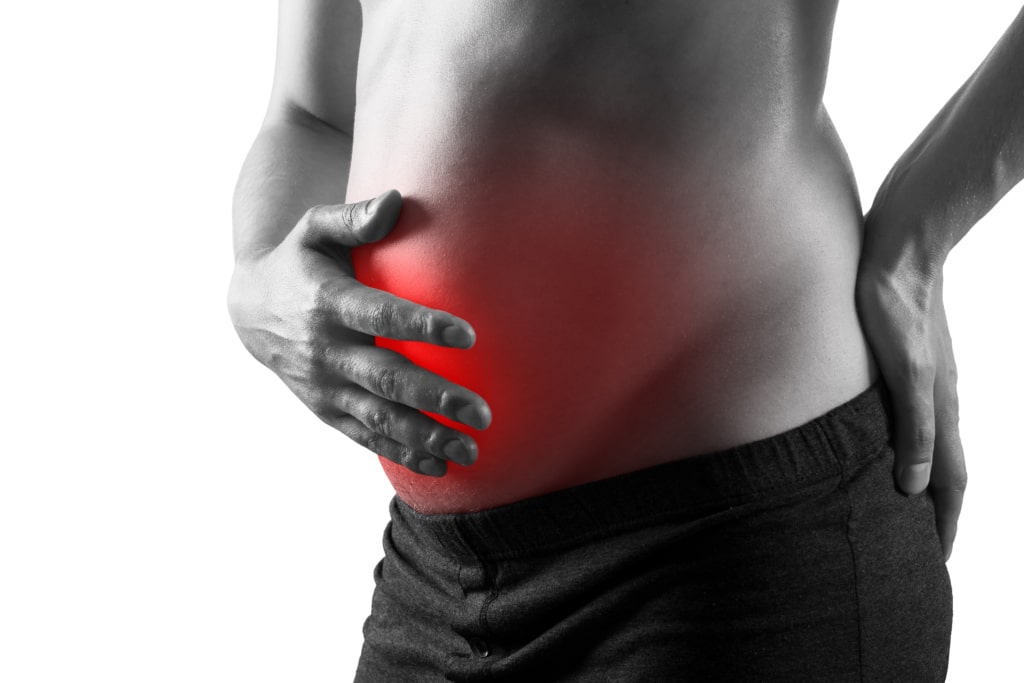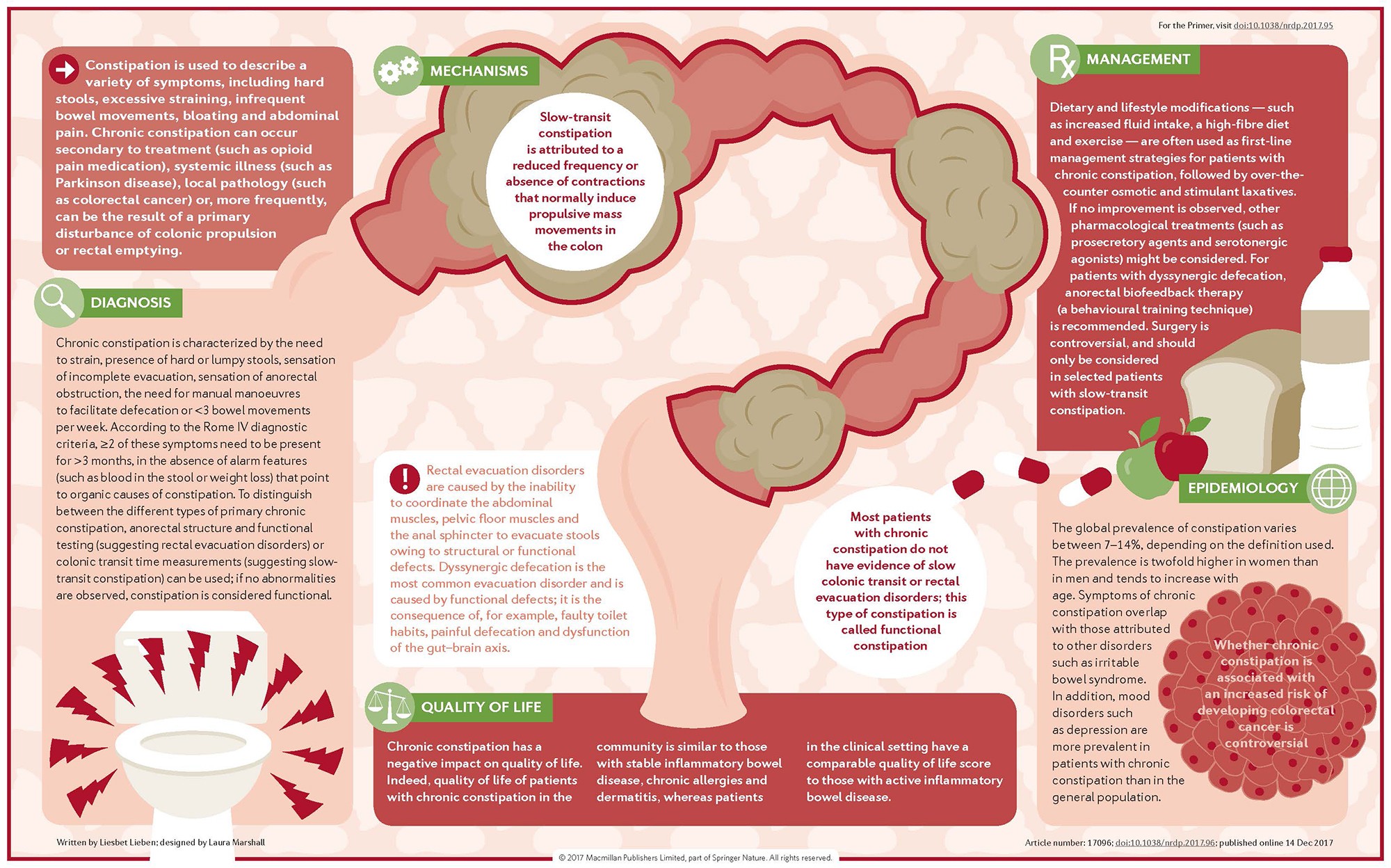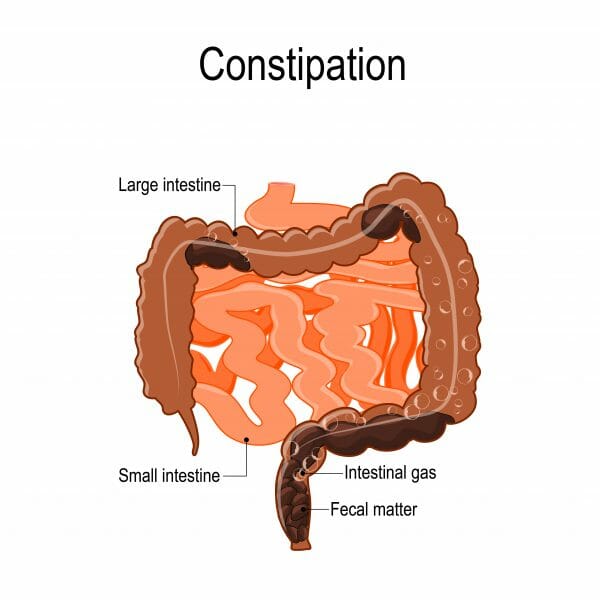Symptoms & Types
Constipation refers to a condition where a person has difficulty passing stool and experiences infrequent bowel movements. It can be caused by various factors, including dietary habits, lifestyle, medications, and underlying medical conditions. Here are six common symptoms and types of constipation:
Symptom no 01
Infrequent Bowel Movements:
One of the primary symptoms of constipation is having infrequent bowel movements. If you typically have fewer than three bowel movements per week, it could be a sign of constipation.

:max_bytes(150000):strip_icc()/what-to-do-for-incomplete-evacuation-1945278-5b949faf46e0fb00500efc71.png)
Symptom no 02
Difficulty Passing Stool:
People with constipation often experience difficulty passing stool. Stools may be hard, dry, and difficult to expel, leading to straining during bowel movements.
Symptom no 03
Abdominal Discomfort:
Abdominal discomfort is a common symptom of constipation. This discomfort can range from mild cramping to more intense pain, often localized in the lower abdomen.


Symptom no 04
Bloating and Gas:
Constipation can cause bloating and excess gas as stool accumulates in the intestines, leading to the production of gas and causing the abdomen to feel distended.
Symptom no 05
Feeling of Incomplete Evacuation:
Even after passing stool, individuals with constipation might feel like their bowel movement was incomplete. This sensation can lead to frequent trips to the bathroom without achieving satisfactory results.
:max_bytes(150000):strip_icc()/what-to-do-for-incomplete-evacuation-1945278-5b949faf46e0fb00500efc71.png)

Symptom no 06
Chronic Constipation:
Chronic constipation is a type of constipation that persists over a longer period, typically lasting for several weeks or more. It might require more targeted treatment and investigation into underlying causes.
Primary Constipation
This is the most common type of constipation and is not associated with any underlying medical condition. It often results from lifestyle factors, dietary choices, lack of physical activity, and inadequate fluid intake.
Secondary Constipation
Secondary constipation is a result of an underlying medical condition or medication. Conditions such as hypothyroidism, irritable bowel syndrome (IBS), and neurological disorders can lead to secondary constipation.
Travel-Related Constipation
Changes in routine, diet, and hydration during travel can lead to constipation. Often referred to as "traveler's constipation," this type is temporary and usually resolves after returning to a regular routine.
Pregnancy-Related Constipation
Hormonal changes during pregnancy can slow down bowel movements, leading to constipation. Additionally, pressure on the intestines from the growing uterus can contribute to constipation in pregnant women.
Opioid-Induced Constipation
Certain medications, particularly opioids used for pain management, can significantly slow down bowel movements, causing constipation. This type of constipation can be particularly challenging to manage.
It’s important to note that if you experience persistent or severe constipation, or if you notice changes in your bowel habits, it’s advisable to consult a healthcare professional. They can help determine the underlying cause and recommend appropriate treatment strategies, which may include dietary adjustments, increased hydration, exercise, fiber supplements, and, in some cases, medication.

Relieve Discomfort and Restore Regularity
Discover Lasting Relief from Constipation
Say goodbye to the discomfort of constipation and regain control of your digestive health. Our expert solutions provide effective relief and promote regular bowel movements. Experience the difference today!
